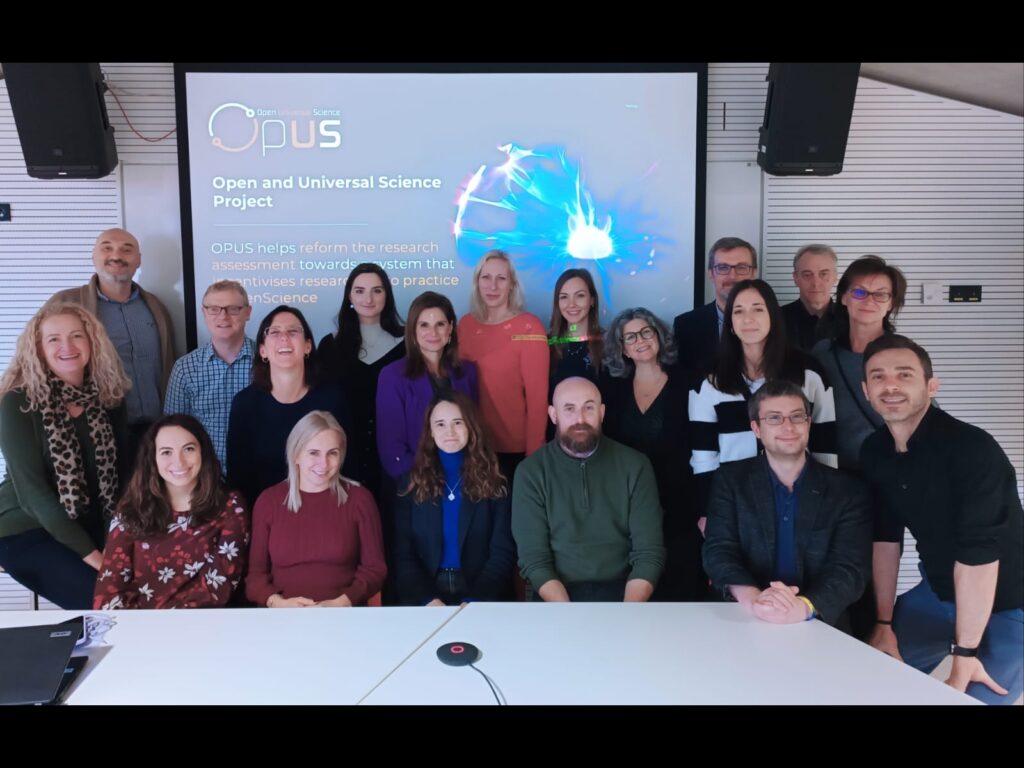
OPUS Annual General Meeting 2023: Paving the Way for the Future of Open Science and Research Assessment
OPUS Annual General Meeting 2023: Paving the Way for the Future of Open Science and Research Assessment https://opusproject.eu/wp-content/uploads/2023/11/WhatsApp-Image-2023-11-09-at-11.05.11-1024x768.jpeg 1024 768 Open and Universal Science (OPUS) Project Open and Universal Science (OPUS) Project https://opusproject.eu/wp-content/uploads/2023/11/WhatsApp-Image-2023-11-09-at-11.05.11-1024x768.jpegThe OPUS team, a collaborative effort in the Open Science field, convened for its Annual General Meeting on November 8, 2023, both physically in Prague and virtually. The OPUS Annual General Meeting showcased not only the achievements of the past year but also set the stage for a future where Open Science principles and researcher assessment frameworks take center stage.
Leaders from each work package showcased their achievements in the project’s first year and laid out a roadmap for the next two years.
OPUS collaborates directly with three Research Performing Organizations (RPOs) and two Research Funding Organizations (RFOs) to pilot the implementation of the Research Assessment Framework. The initiative also focuses on the practical integration of Open Science Principles in these pilot RPOs and RFOs, aiming to influence other organizations in providing rewards and incentives for researchers.
Project Overview: Year 1 Achievements
Corina Moya Falcón, Project Coordinator at PLOCAN, kicked off the meeting with an insightful overview of the OPUS project’s first year. The team’s endeavors, ranging from Researcher Assessment Framework to interventions, were highlighted, setting the stage for a comprehensive understanding of the project’s trajectory.
Researcher Assessment Framework and Interventions
Gareth O’Neill, Scientific Coordinator at TGB and Emma Day from Vitae, delved into the intricacies of the Researcher Assessment Framework and interventions. The presentations on the Proposal of Interventions and Indicators/Metrics for Open Science/Researcher Assessment laid the groundwork for the tangible impact OPUS aims to make in the academic landscape.
Pilot Organisations Launch Phase
The OPUS Pilot Organisations Launch Phase saw short presentations from NOVA, UNIRI, and UCY, providing a glimpse into the pilot actions’ initiation. The interactive session allowed for a participative Q&A, fostering engagement and collaboration.
Action Plans and Mutual Learning Exercise
The execution of testing phases for indicators and interventions within OPUS pilot organisations will be detailed in Deliverable D4.3 Action Plans to Implement the Pilots – Final..
OPUS is set to play a direct role in providing training and resources to facilitate the implementation of the Research Assessment Framework, closely monitoring progress and offering ongoing support.
Future Developments: A Glimpse into the Next Phase
Looking ahead, OPUS outlined its plans for the next phase of the project, which includes the development of a Final Policy Brief for Open Science. This document will encapsulate the project’s findings and recommendations, guiding stakeholders on how to leverage OPUS results effectively.
Another significant milestone on the horizon is the release of the Open Science Career Assessment Matrix 2 (OS-CAM2). As the primary outcome of the OPUS project, OS-CAM2 represents an updated and revised version of the Open Science Career Assessment Matrix. Building on the groundwork laid in D2.5 Interventions for Open Science (Rewards WP2 and Incentives for Researchers) and D3.5 Indicators/Metrics for Open Science (Rewards and Incentives for Researchers), the OS-CAM2 is poised to make a lasting impact on how Open Science practices are assessed and recognised.
As the project continues to evolve, the OPUS team remains committed to fostering a culture of openness, collaboration, and innovation in the research community.

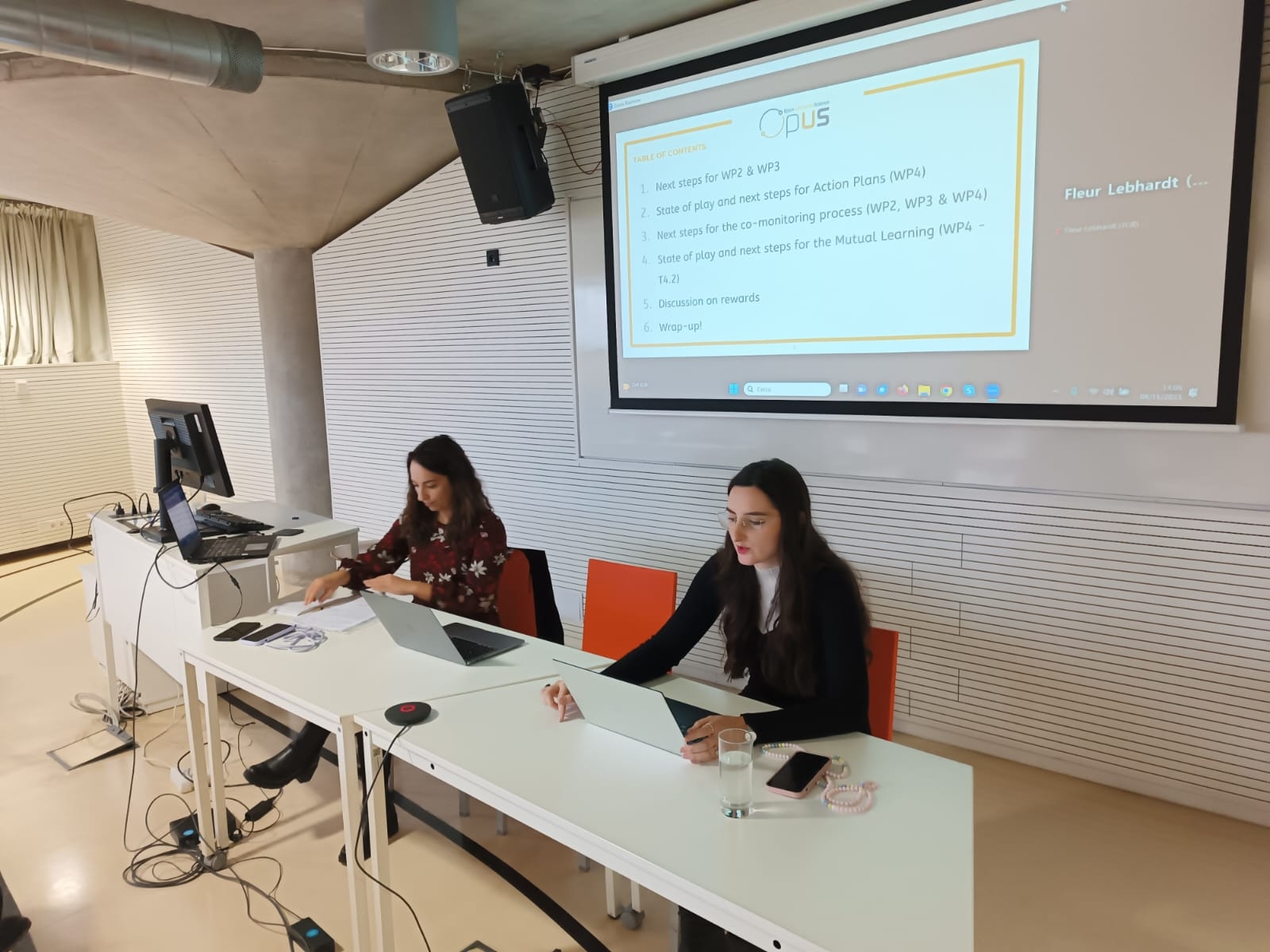
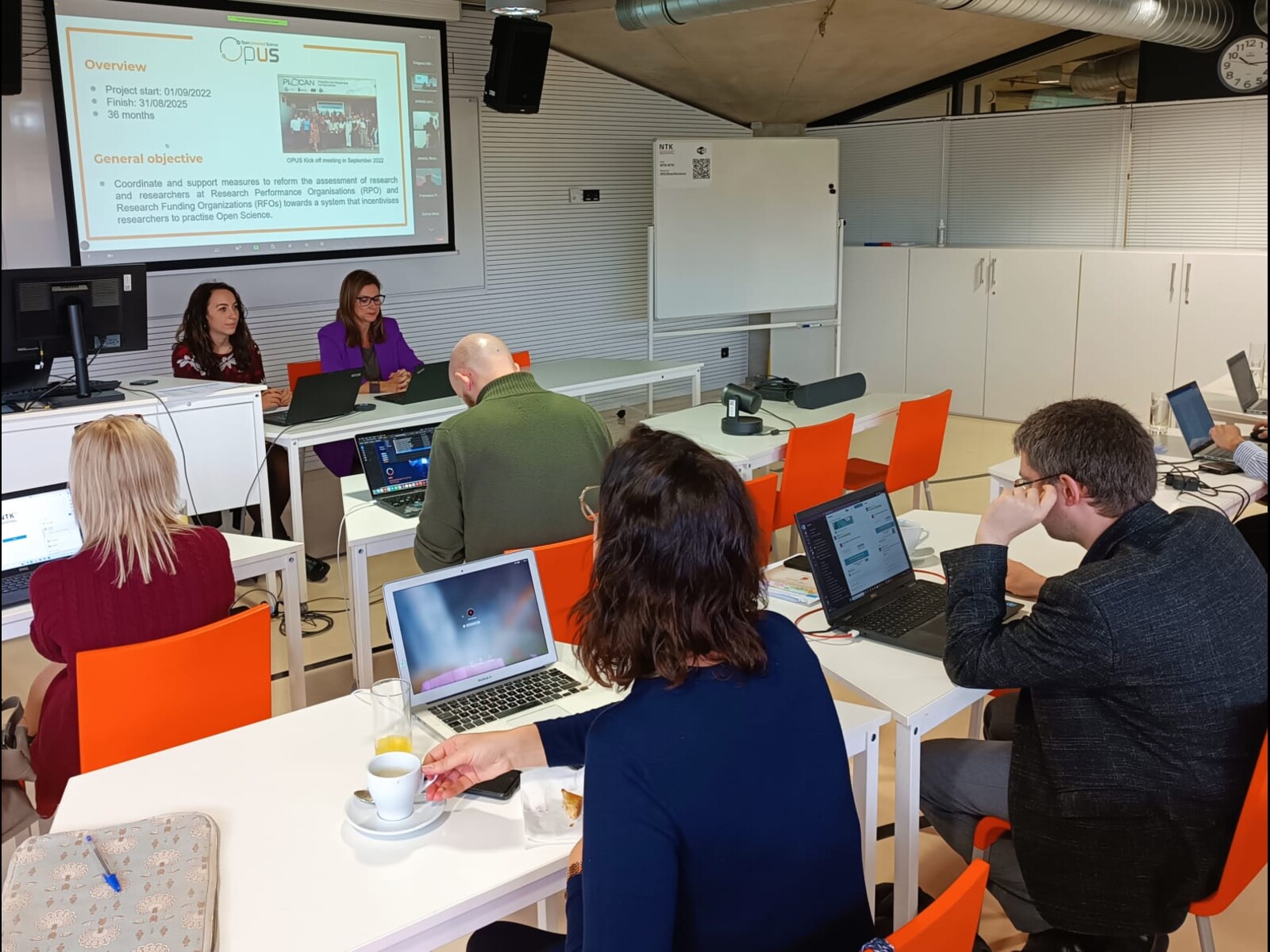
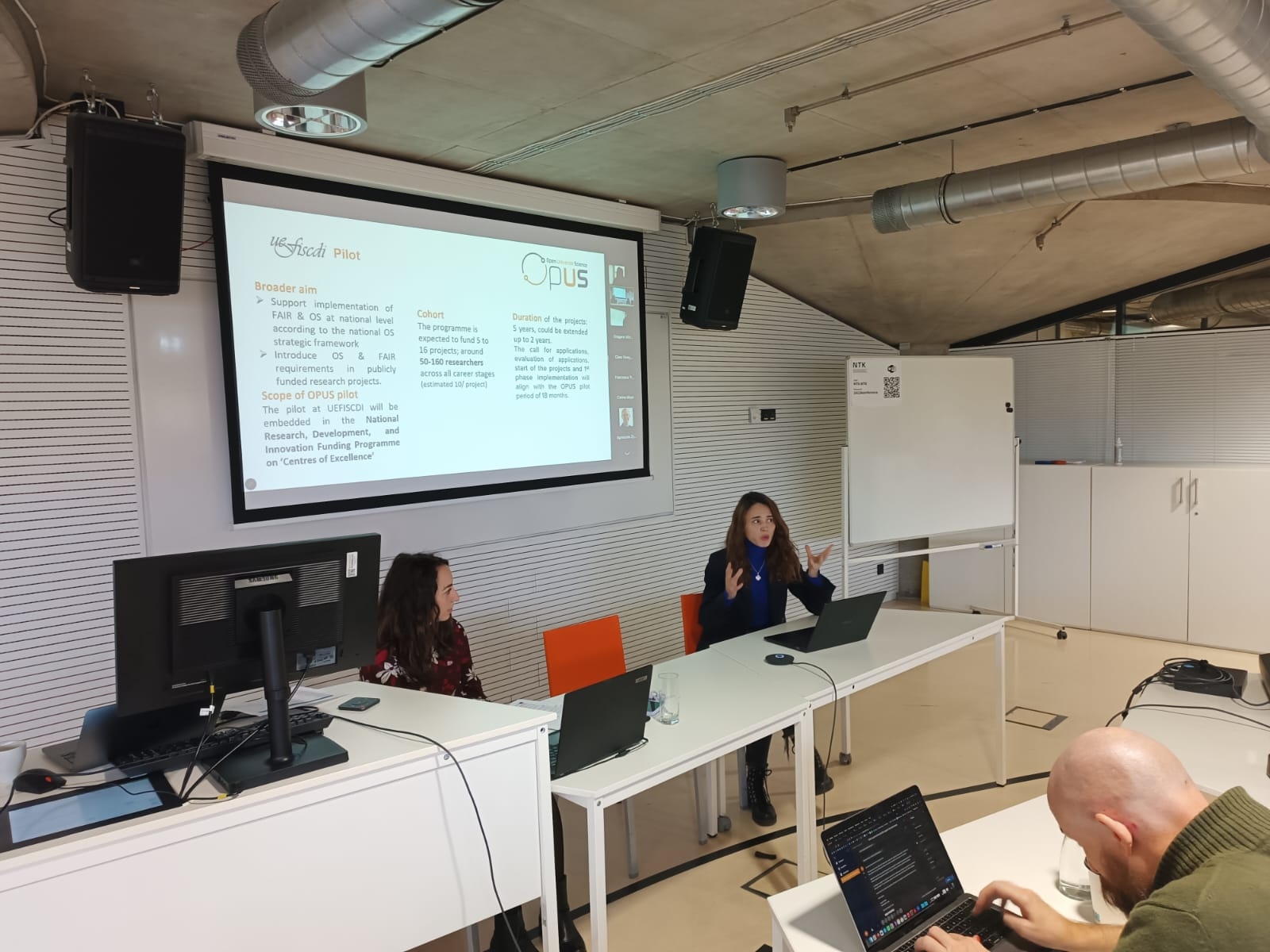
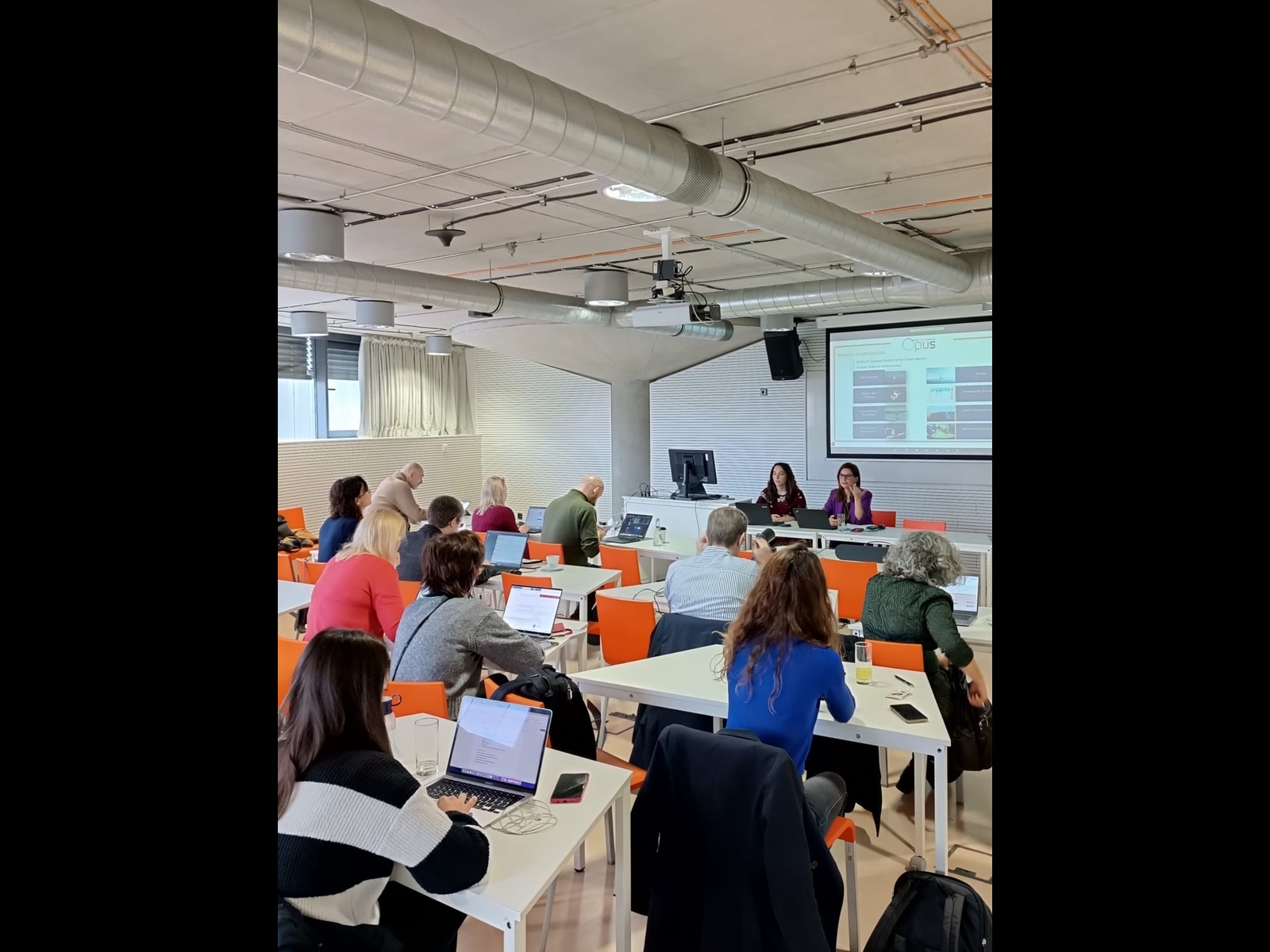
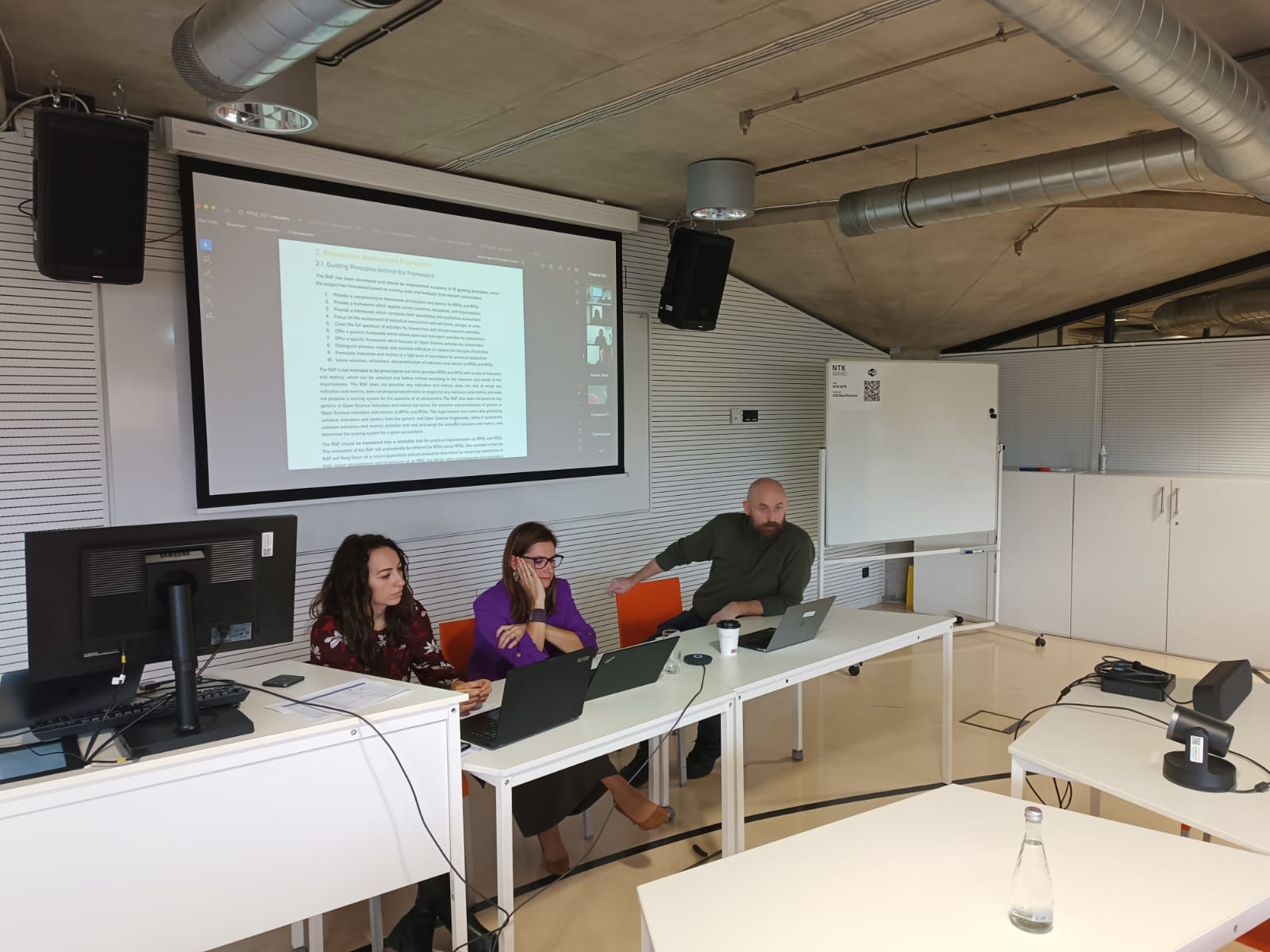
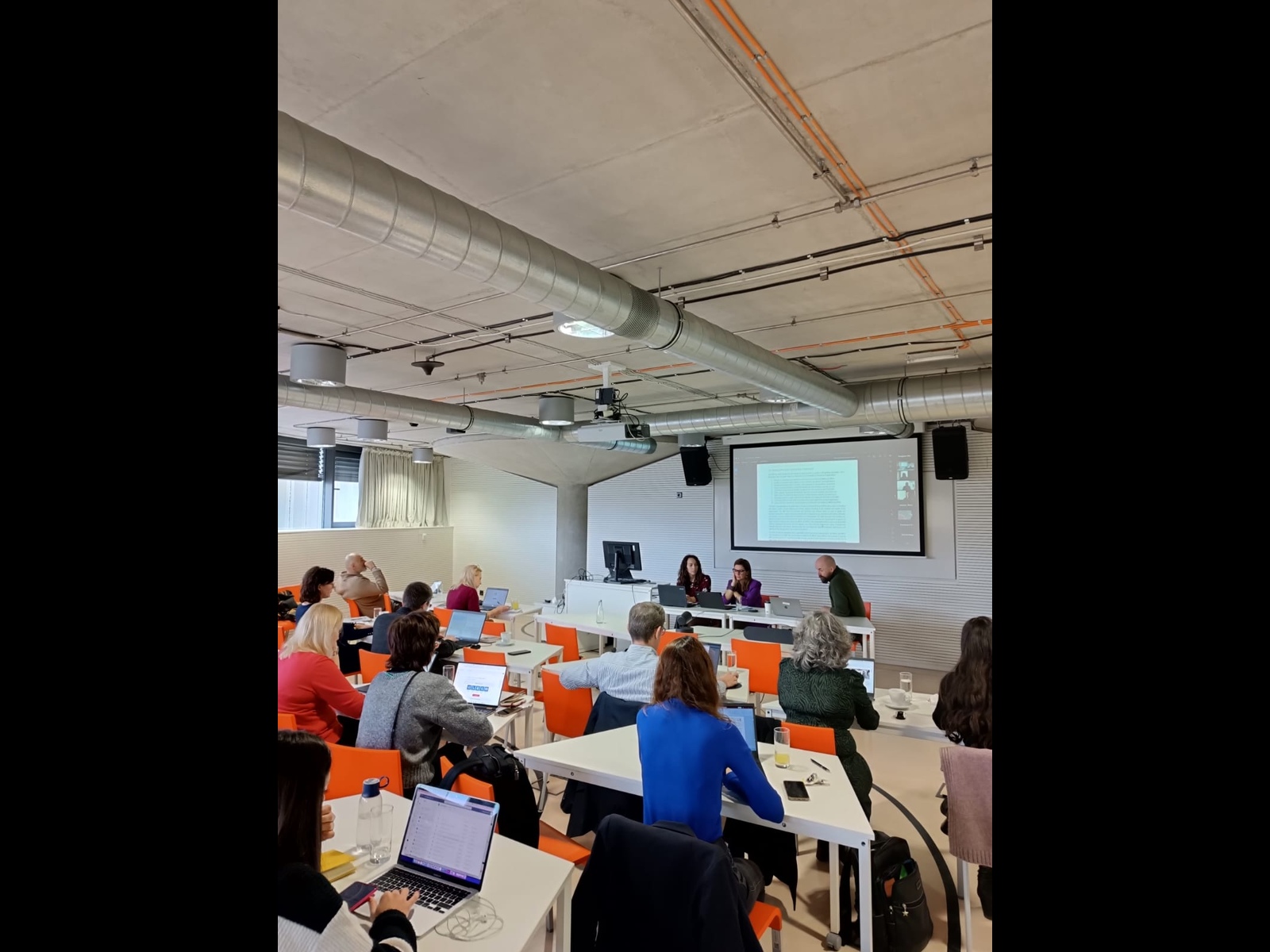
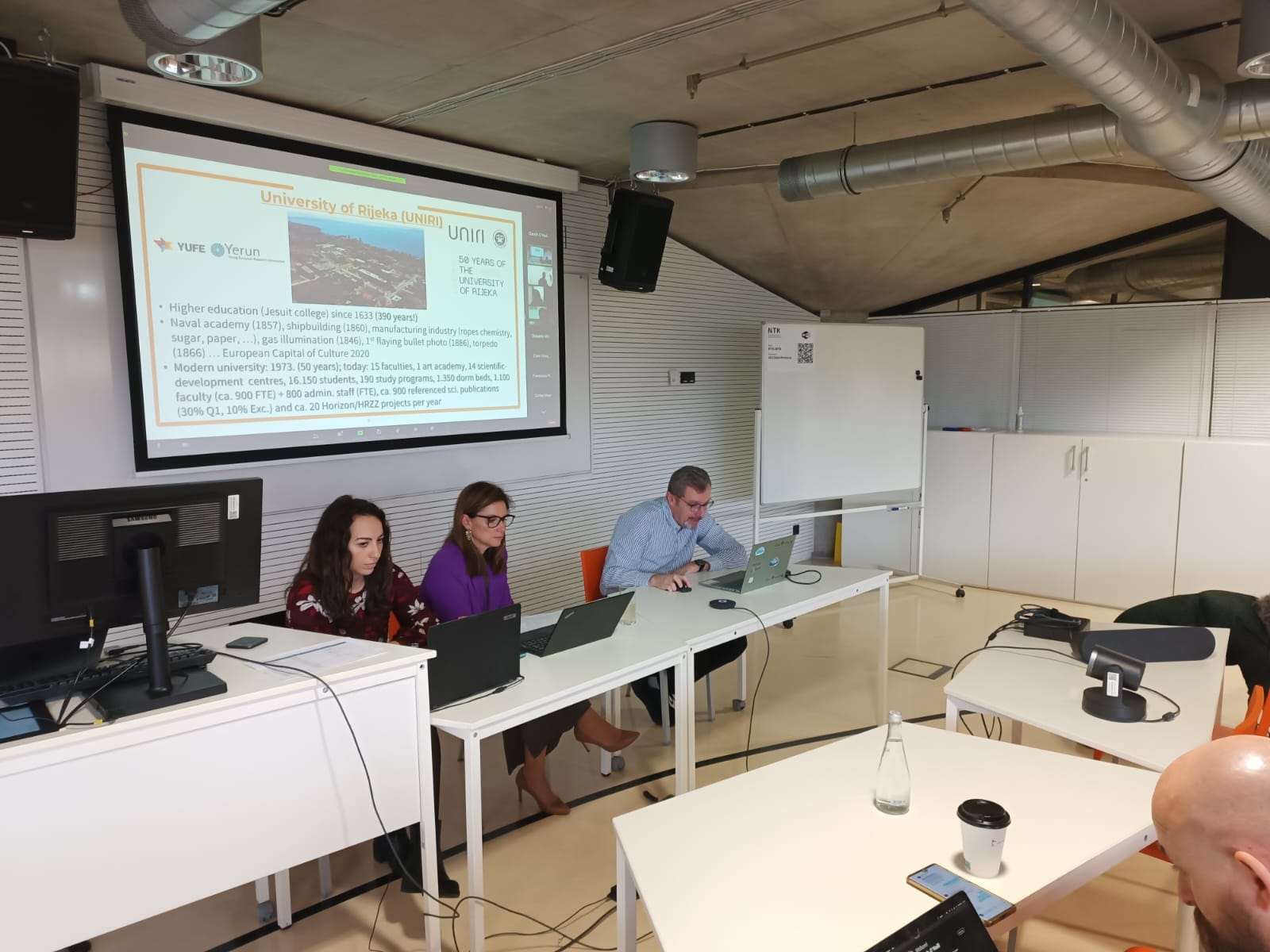
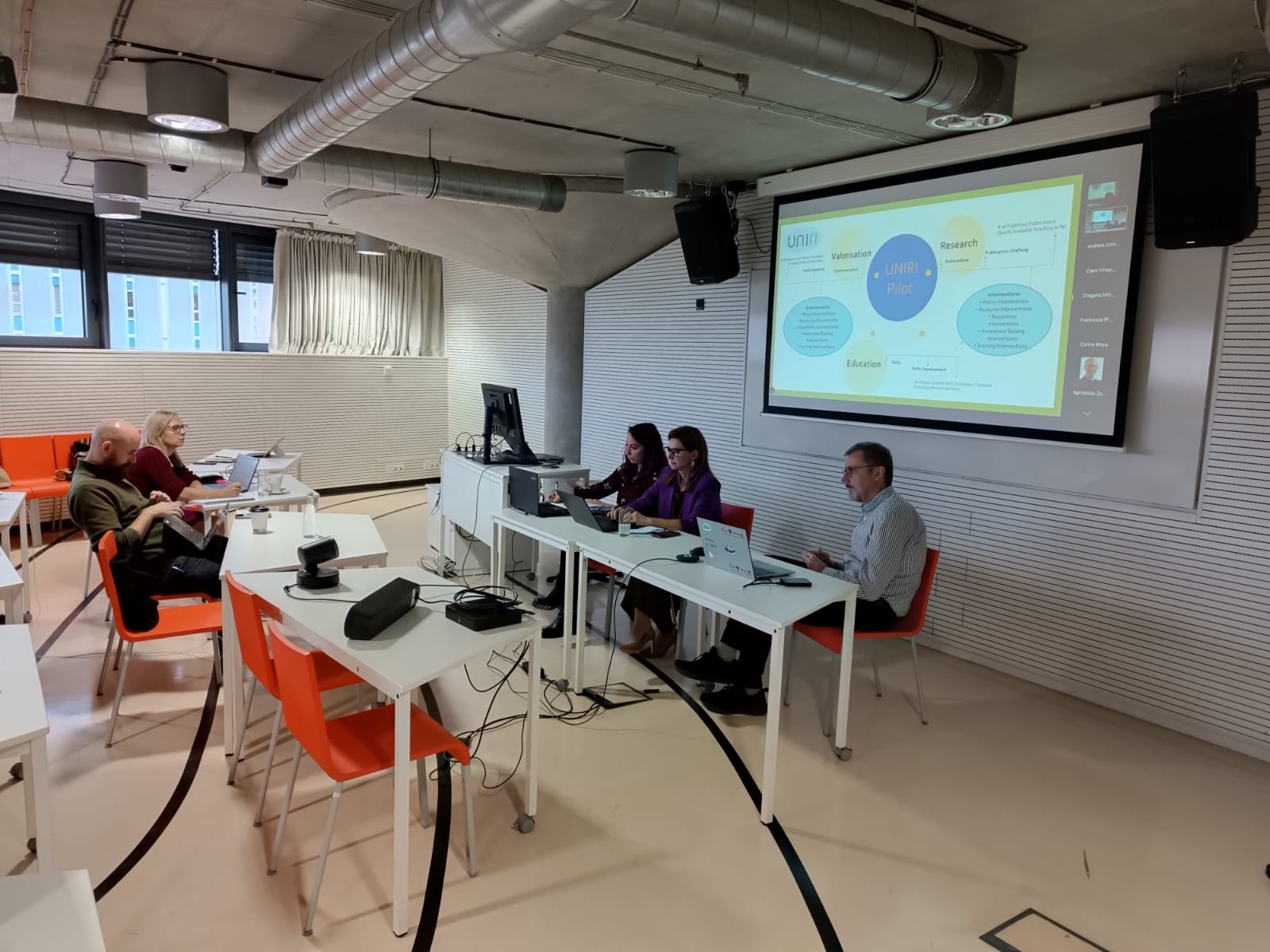
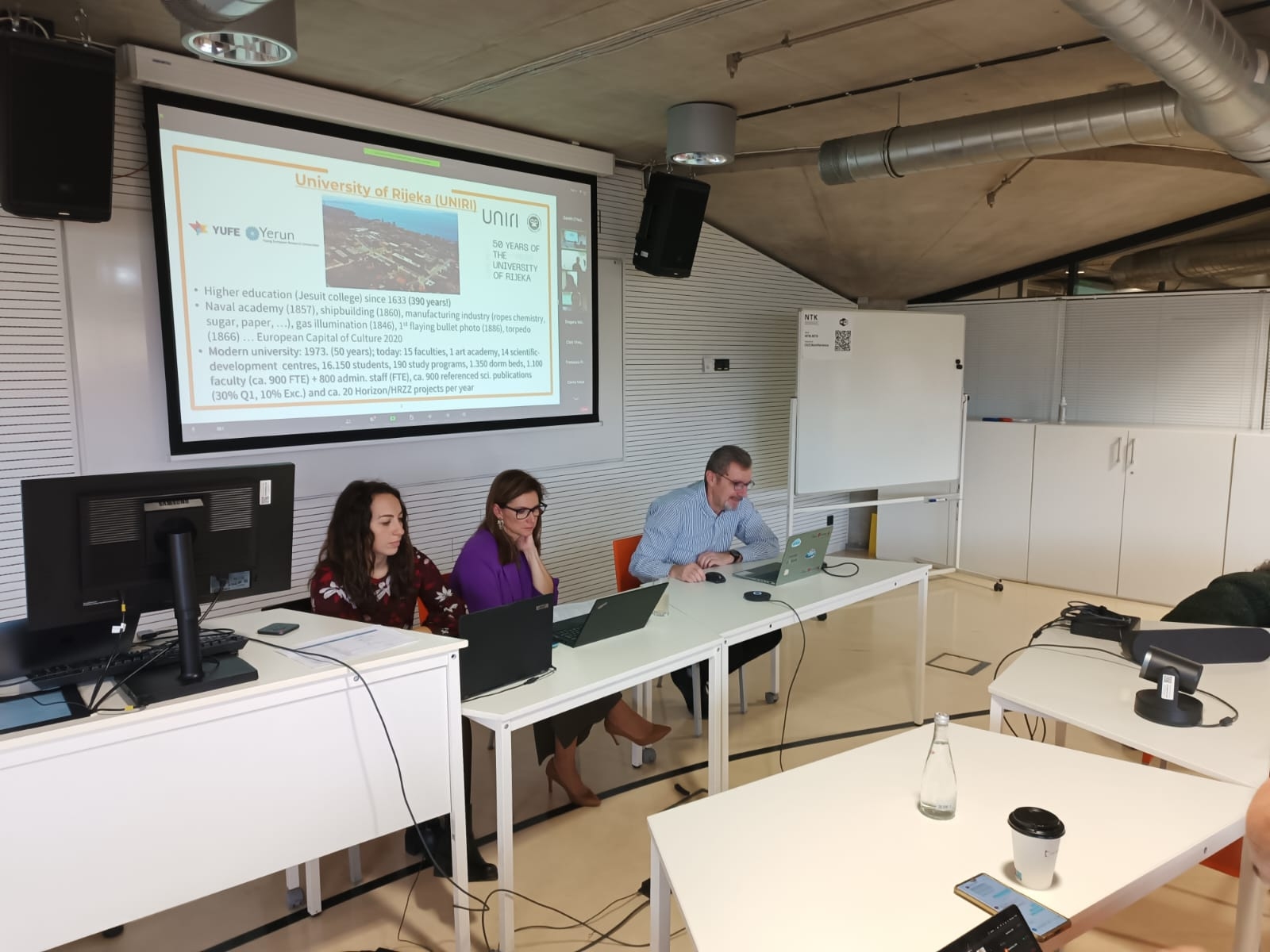
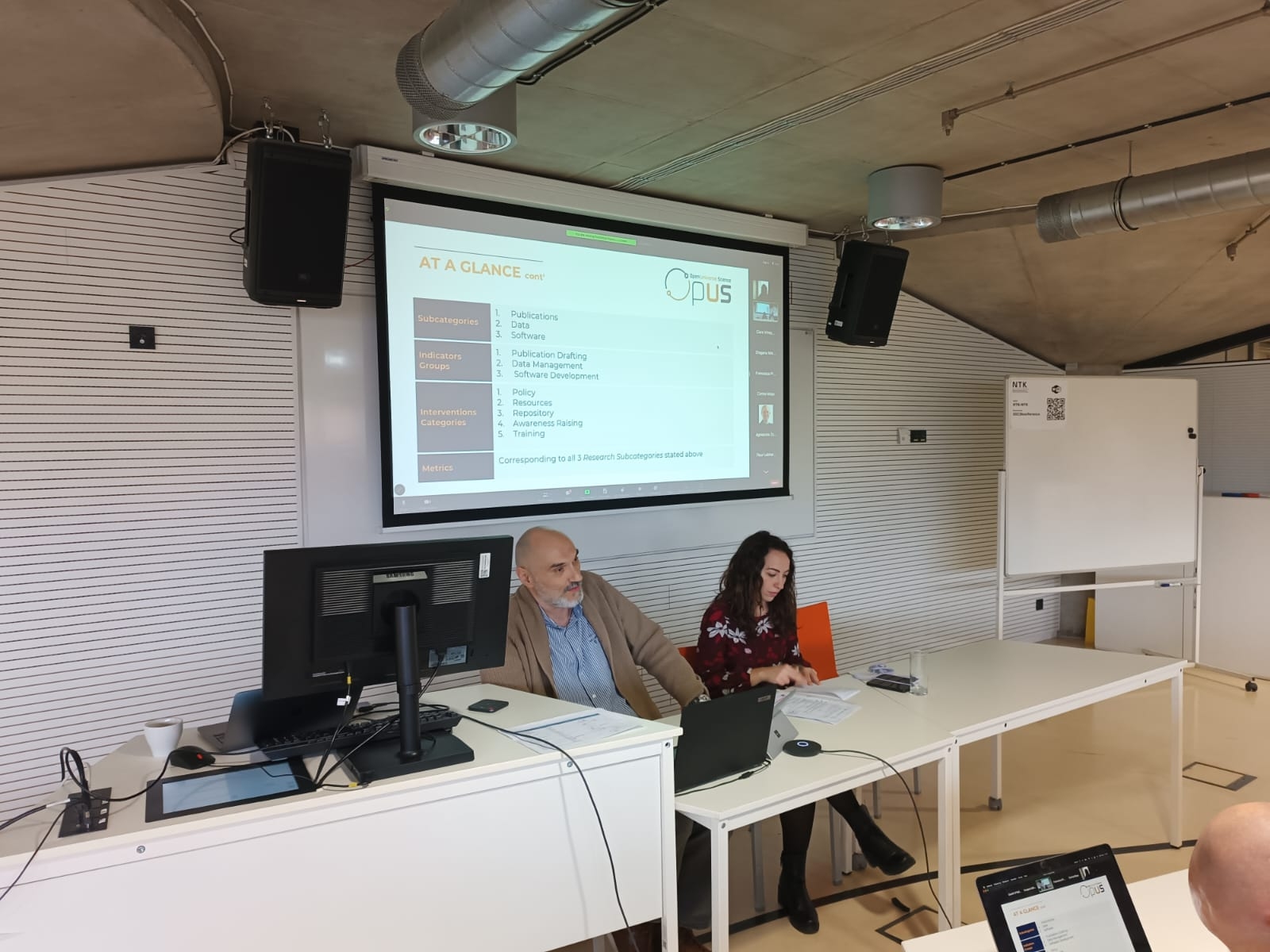
- Posted In:
- OPUS News

